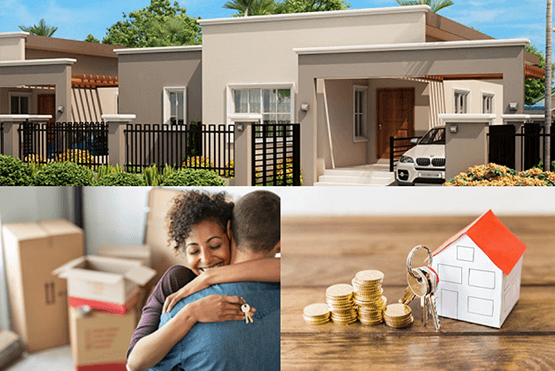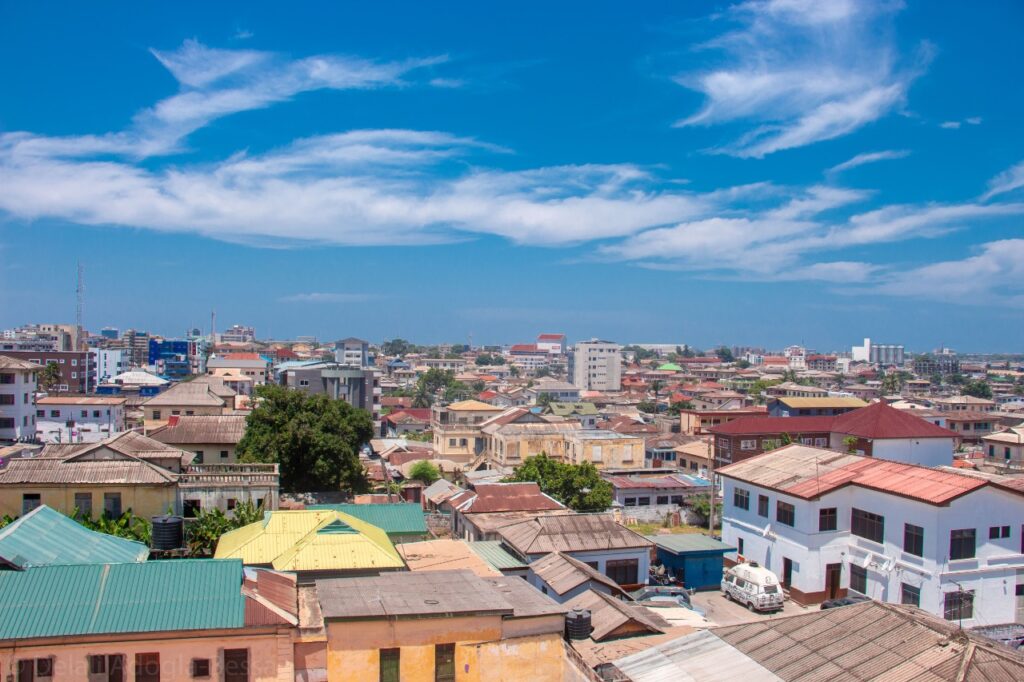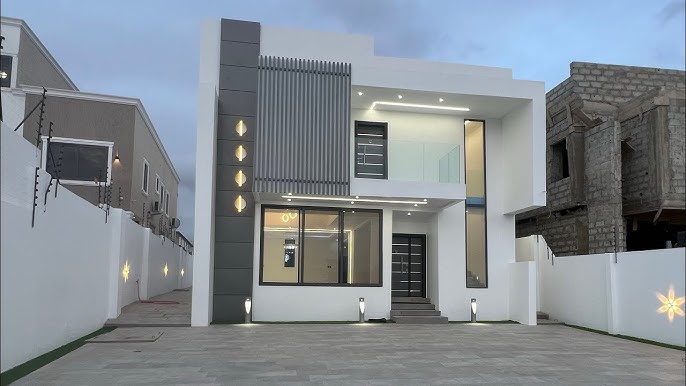Ever found yourself stuck between renting and buying a home in Ghana? You’re not alone. It’s one of the biggest financial decisions you’ll ever make. Whether you’re a fresh graduate moving to Accra, a young couple looking to settle down, or a returnee investing in your homeland, this choice affects your finances, lifestyle, and peace of mind.
Let’s break it down and figure out what works best for YOU.

Advantages of Renting
1. Flexibility and Mobility
Renting gives you the freedom to pack up and move when needed. Especially if your job or lifestyle demands constant relocation, renting is a winner.
2. Lower Upfront Costs
Renting doesn’t require a down payment. A few months’ advance rent, and you’re in! No mortgage, no land title drama.
3. Fewer Maintenance Responsibilities
Leaky faucet? Cracked wall? That’s your landlord’s headache. Renting keeps your weekends chore-free.
Disadvantages of Renting
1. No Equity Building
You’re paying someone else’s mortgage. Month after month, that money doesn’t build your future.
2. Rent Increases
Landlords in Ghana can hike your rent after the lease ends. Budgeting gets tricky when you’re not in control.
3. Less Stability
Landlord wants the property back? You move. That constant uncertainty can be draining.
Advantages of Buying
1. Long-Term Investment
Owning property in Ghana, especially in high-growth areas like Accra and Kumasi, means building wealth over time.
2. Building Wealth Through Equity
Each payment increases your ownership stake. You’re investing in your future, not just spending.
3. Stability and Freedom
No landlord, no eviction notices. You get to paint that wall purple or build an extension. It’s YOUR home.

Disadvantages of Buying
1. High Initial Costs
Down payments, lawyer fees, stamp duties—it adds up. Buying in Ghana isn’t cheap upfront.
2. Maintenance Costs
That roof leak? It’s all on you now. Repairs, upgrades, and bills are part of the package.
3. Risk of Depreciation in Some Areas
Not all locations appreciate in value. Buying in underdeveloped or unstable areas may result in losses.
Initial Costs: Renting vs Buying
Renting requires a few months’ rent upfront, usually 1–2 years in Ghana. Buying requires a deposit (often 20–30%), legal fees, and processing costs.
Ongoing Costs and Hidden Expenses
Renting involves monthly rent, while buying includes mortgage payments, property taxes, maintenance, and sometimes HOA fees.
Opportunity Costs and ROI
Money tied up in property could’ve been invested elsewhere. However, real estate in Ghana, especially in hotspots, tends to offer good ROI long-term.
Family and Long-Term Planning
Raising kids? Planning to stay in one place? Buying may offer the stability and space a growing family needs.
Career Flexibility and Relocation
If you’re constantly on the move or exploring job markets in different cities, renting is more practical.
Urban vs Rural Living
Buying land in rural areas is cheaper, but amenities are limited. Renting in cities offers convenience but at a premium cost.

Land Ownership Rules
Ghana’s land system can be complex. Multiple claims, family lands, and chieftaincy disputes are real issues. Do your due diligence.
Access to Mortgage and Loans
Local and diaspora mortgages are now more available, but interest rates can be steep. Shop around!
Title Registration and Property Security
Always register your property with the Lands Commission. It protects your investment from disputes and fraud.
Rental Market Insights
The rental market in Accra and Takoradi is competitive. Prices are rising, but demand is still strong due to urban migration.
Property Value Appreciation
Neighborhoods like East Legon, Airport Residential, and Spintex have seen consistent growth in property values. Real estate in these areas is a solid bet.

Financial Health
Do you have savings, a stable income, or access to credit? This heavily influences your choice.
Future Plans
How long do you plan to stay in one place? Short-term? Rent. Long-term? Buy.
Risk Tolerance
Can you handle property risks and the headaches of ownership? Or do you prefer hassle-free living?
At the end of the day, the “Renting vs Buying” debate in Ghana is personal. Renting offers flexibility and lower costs upfront, while buying builds long-term wealth and provides stability. Weigh your financial situation, lifestyle, and goals—then go with what suits you best.




